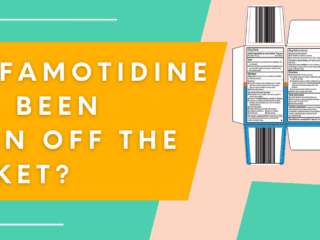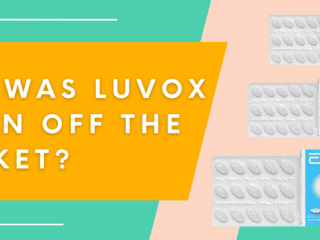Generic Name: Levothyroxine sodium
Brands: Euthyrox®, Levoxyl®, Synthroid®, Tirosint®, Tirosint-Sol®, Unithroid®
Class: Thyroid hormones
Availability: By prescription only
Molecular Formula: C15H11I4NO4
Substance UNII: 9J765S329G
What is Levothyroxine?
Levothyroxine is a synthetic thyroid hormone. It is often sold under the trade names Euthyrox®, Levoxyl®, Synthroid®, Tirosint®, Tirosint-Sol®, and Unithroid®.
What is Levothyroxine Used For?
Levothyroxine is used to treat a condition called hypothyroidism (underactive thyroid). This condition occurs when a person’s thyroid isn’t able to produce enough of an important hormone called thyroxine, which normally helps control the body’s metabolism. Levothyroxine is a synthetic, or human-made, version of thyroxine.
According to the U.S. National Library of Medicine, levothyroxine is also used to treat thyroid cancer along with other treatments, including radiation and surgery.
How Does Levothyroxine Work?
The hormone thyroxine is normally produced by the thyroid gland due to a chain reaction of interacting glands and hormones. First, a part of the brain called the hypothalamus secretes a hormone (chemical messenger) that stimulates the pituitary gland. This stimulation, in turn, releases a different hormone. This hormone from the pituitary gland then stimulates the thyroid gland to secrete thyroxine. Thyroxine and other thyroid hormones can then travel into cells to affect cellular DNA. They do so in order to promote important functions related to energy and metabolism.
In people with hypothyroidism, their thyroids are not able to produce thyroxine on their own. Therefore, levothyroxine works by replacing the body’s own production of thyroxine, so that the body can perform necessary functions like metabolism.
How Long Does it Take for Levothyroxine to Work?
While levothyroxine starts working right away, it can take several weeks for a person to see improvements in their hypothyroidism symptoms.
Do Not Use Levothyroxine If:
There are several situations where this medication may not be the right choice for you. According to the FDA, anyone with the following issues should not use levothyroxine:
- Allergy to levothyroxine or ingredients within levothyroxine
- Uncontrolled adrenal gland disorder
- Thyrotoxicosis (a thyroid disorder)
- Recent heart attack or symptoms of a heart attack
Levothyroxine should also not be used to treat obesity or weight problems.
Please note that this list may not be complete, and there may be other situations where use of this drug is not advisable.
Disclaimer: this article does not constitute or replace medical advice. If you have an emergency or a serious medical question, please contact a medical professional or call 911 immediately. To see our full medical disclaimer, visit our Terms of Use page.








